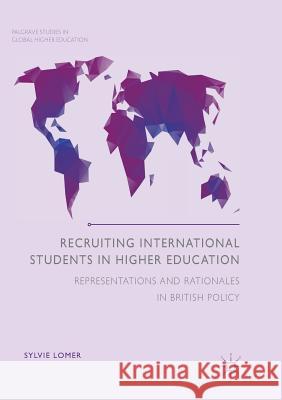Recruiting International Students in Higher Education: Representations and Rationales in British Policy » książka
topmenu
Recruiting International Students in Higher Education: Representations and Rationales in British Policy
ISBN-13: 9783319845586 / Angielski / Miękka / 2018 / 268 str.
Recruiting International Students in Higher Education: Representations and Rationales in British Policy
ISBN-13: 9783319845586 / Angielski / Miękka / 2018 / 268 str.
cena 322,01
(netto: 306,68 VAT: 5%)
Najniższa cena z 30 dni: 308,41
(netto: 306,68 VAT: 5%)
Najniższa cena z 30 dni: 308,41
Termin realizacji zamówienia:
ok. 22 dni roboczych.
ok. 22 dni roboczych.
Darmowa dostawa!
Kategorie:
Kategorie BISAC:
Wydawca:
Palgrave MacMillan
Seria wydawnicza:
Język:
Angielski
ISBN-13:
9783319845586
Rok wydania:
2018
Wydanie:
Softcover Repri
Ilość stron:
268
Waga:
0.34 kg
Wymiary:
21.01 x 14.81 x 1.52
Oprawa:
Miękka
Wolumenów:
01
Dodatkowe informacje:
Wydanie ilustrowane











